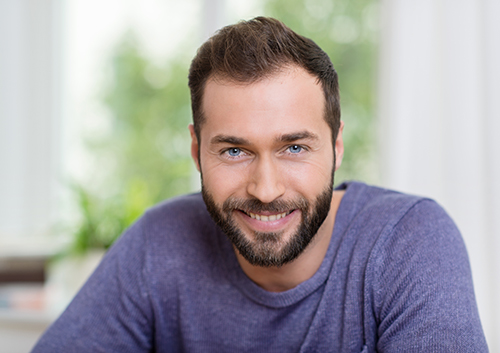Preventing Periodontal Disease
July 12th, 2023

Periodontal disease is one of the most prevalent health issues in America, with the Centers for Disease Control reporting it affects approximately 65 million people, or roughly 47 percent of the population. People with periodontal disease have bacteria beneath the surface of the gums, which are responsible for tissue inflammation that can lead to pain, bleeding, gum recession, and even permanent tooth loss. Unfortunately, the chances of developing gingivitis and periodontitis only increase with age, with 70 percent of adults over age 65 having at least some degree of gum disease. However, a lot can be done to prevent periodontal disease and keep teeth and gums healthy.
Daily Hygiene
The process you take each day to clean your teeth and gums goes a long way towards preventing periodontal disease. Since gingivitis and periodontitis are caused by plaque build-up, the most important steps you can take to prevent them involve cleaning your teeth each morning, night, and after meals. Start by brushing your teeth and tongue, and follow up with mouthwash to kill any lingering bacteria. At least once per day, take time to floss thoroughly along the gum line to prevent gum infection from occurring in between teeth.
Periodontal Exams
In addition to caring for your teeth and gums at home, it is also important to see Dr. Gary Yanowitz for comprehensive exams. We can detect gingivitis in its earliest stages and treat it before it has a chance to progress. Everyone needs occasional periodontal exams, though people with certain risk factors may require them more often. Examples include individuals who smoke or have a personal or family history of gum disease.
Treating Periodontal Disease
See Dr. Gary Yanowitz right away if you suspect that you may be experiencing the warning signs of periodontal disease. Symptoms may include red, swollen, or bleeding gums, gum recession, pockets that have formed between the teeth and the gums, and even tooth loss. If you are diagnosed with periodontal disease, treatments are available to help restore your oral health depending on how advanced your gum disease has become. For example, gingivitis may require only a thorough cleaning and topical antibiotic. Periodontal disease that has been allowed to progress may require scaling and root planing, and in some cases, surgery to prevent tooth, bone, and gum loss.
Contact our Cooper City, FL office to schedule an appointment and learn about the ways we can help prevent and treat periodontal disease.



